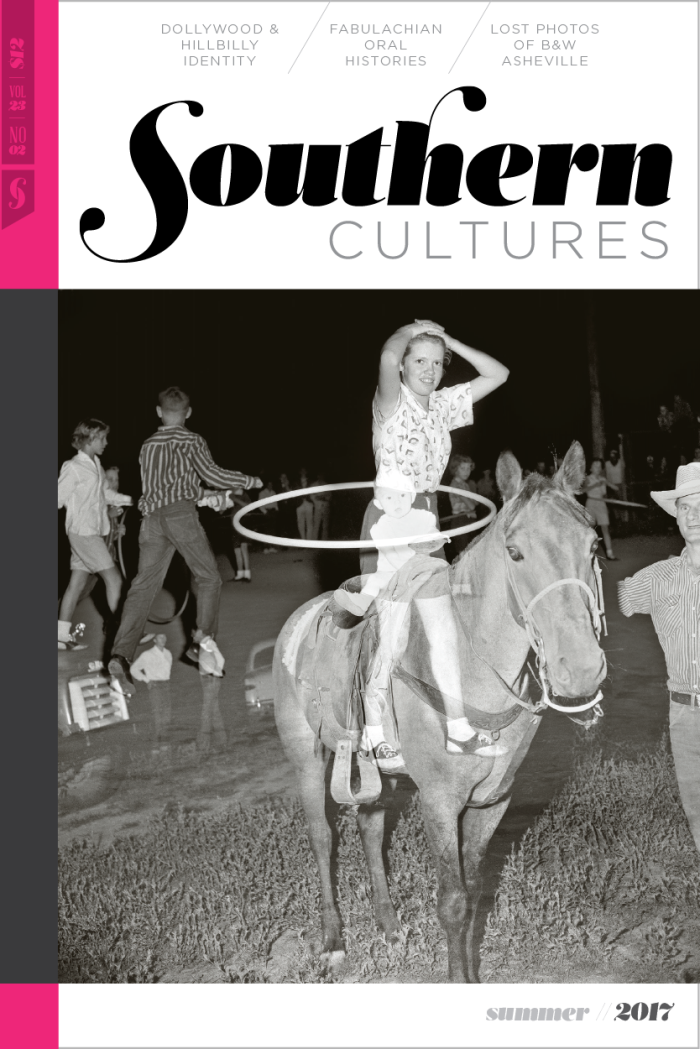In Faulkner’s Requiem for a Nun, the character Gavin Stevens famously declares that “The past is never dead. It’s not even past.” Stevens’s judgment on the power of history seemed profound when I first read it, back in college. It’s still true today, but now it’s become a platitude, a staple of presidential speeches and Woody Allen movies that raises more questions than it answers. “What past?” we have to ask. Better yet, “Whose past?” And what makes the southern past more living or more present than everyone else’s? Is life in the South like a real-life version of Bill Murray’s popular comedy, Groundhog Day, in which Jamestown, Pickett’s charge, and Freedom Summer keep happening over and over? No, no, thankfully, that’s impossible. But William Faulkner knew something about how some southerners can’t seem to get the past out of their heads. It keeps playing in a loop, like a nasty earworm, whining a constant jingle of resentment and regret that keeps driving its victims to reenact old battles in new uniforms.
This is an abstract. Read the full article for free on Project Muse.


